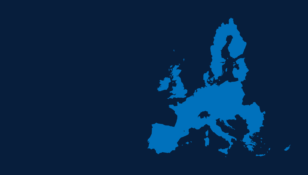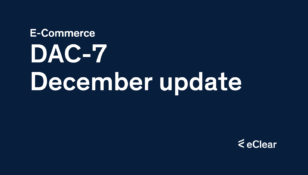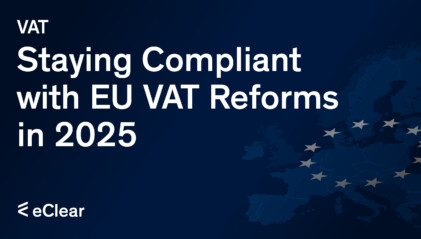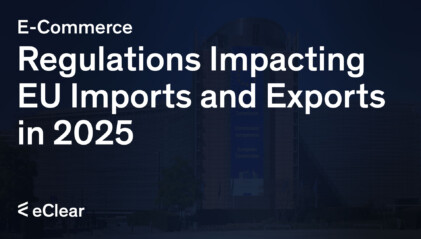According to the new VAT e-commerce rules, the two most relevant changes are the abolition of the current VAT exemption for goods of micro consignments from third countries with a value of up to 22 euros and the VAT collection procedure on consignments of goods with a value of fewer than 150 euros using an Import-One-Stop-Shop (IOSS) system.
It is estimated that about 100 million additional consignments will be declared electronically. By comparison, according to the 2019 annual statistics of the German customs administration, there were 85.3 million customs declarations nationwide in the import sector.
Challenges for merchants, e-commerce marketplaces and platforms from 01 July 2021 outside the EU
Formal requirement:
- Every import shipment must be declared to customs in writing (digitally).
- Oral customs declarations are no longer required (previously informal without effort and costs for the consumer when transported by post).
Tariff classification:
- Goods must permanently be assigned to a customs tariff number so that the customs declaration and duty calculation are correct.
Additional costs (the following additional costs arise for the consumer):
- Up to a (consignment) value of 150 euros, import tax (VAT) is levied. The VAT exemption for small consignments under 22 euros does not apply.
- Customs duties and VAT are due from a (consignment) value of 150 euros.
- The carrier charges fees for a digital customs declaration.
Cost transparency:
- The merchant must calculate and visualise the total costs expected by the consumer (customs duties, import VAT, fees, etc.-Landed costs) in the checkout process.
Customs declaration and representation:
- For the collection of import VAT, a new customs system (Import-One-Stop-Shop, IOSS) was developed by the customs administration, and a so-called special arrangement of monthly declarations was introduced.
What needs to be considered?
To enable fair competition for EU businesses and abolish VAT losses when importing low-value shipments of less than 22 euros from third countries, these will be taxed at the VAT rate applicable in the destination country. The prerequisite for this is that it is a private customer transaction (B2C). In addition, a digital customs declaration must now be made, making the issue of returns and refunds much more complex.
When importing goods into the EU from a third country with a value of fewer than 150 euros and delivered to a private individual, an Import-One-Stop-Shop (IOSS) procedure can be used. This is a simplified system for declaring and paying VAT. Here, too, an import declaration will be required from July 2021.
Special challenges for registration using the IOSS:
- limited to goods up to 150 euros value of goods per consignment
- not applicable for goods subject to prohibitions and restrictions
- correct and complete classification/tariff classification for import customs declaration in the EU
- The tax return must be filed electronically in the member state of registration the following month, and payment must be made.
- Record-keeping obligations are ten years.
- Subsequent treatments, e.g. remission/refund applications for returns, post-clearance recovery, appeal procedures, etc.
The European Commission, in close cooperation with Member States’ customs authorities and relevant e-commerce stakeholders, has produced the Importation and Exportation of low-value consignments guide. The Explanatory Notes on VAT e-commerce rules add relevant explanations and practical examples of customs rules, formalities, and processes, as well as explanations on VAT e-commerce rules.
Change in liability for marketplaces
Another significant adjustment is that merchants who arrange the resale of goods under 150 euros from a third country to the EU through an electronic interface, such as a marketplace, platform, portal, or similar, will be treated as if they had received and supplied these goods themselves. Thus, they become tax debtors and liable.
To manage these new challenges legally compliant, eClear offers a full-service customs solution for marketplaces, merchants, and platforms: Declare. Declare takes over the correct classification of the goods to be imported according to the customs tariff and calculates the expected import tax (customs and VAT) and fees already in the checkout process, displays them and thus creates cost transparency for the consumer. Declare collects the entire invoice amount from the buyer directly in the checkout process via the integrated payment module. The customs declaration for the import is made electronically and fully integrated into the merchant’s supply chain. Customs and VAT liability risks are transferred to eClear. Both the merchant and the consumer have to deal with customs clearance.
Your eClear contact for customs compliance is Andreas Weidner, Vice President Customs. If you have any further questions, don’t hesitate to contact him.







